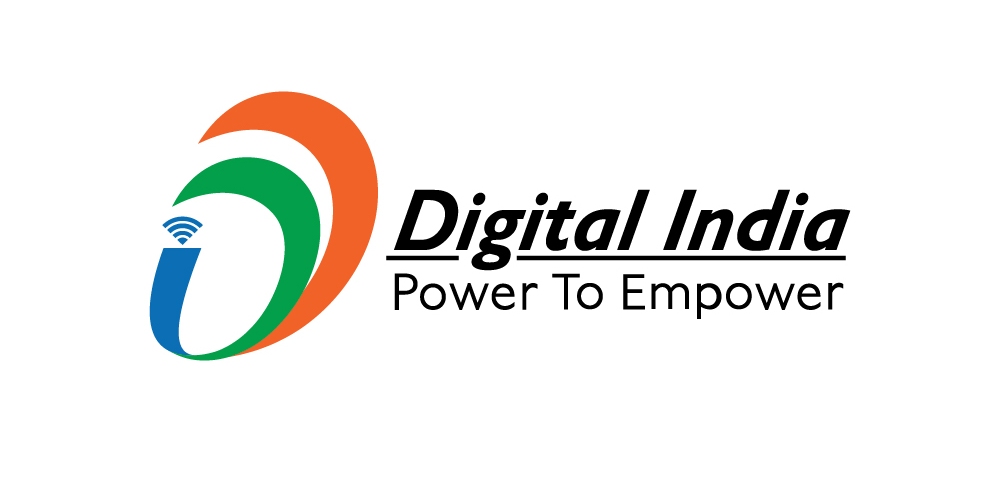WHO ARE ELIGIBLE FOR FREE LEGAL AID
Free legal aid programs are designed to provide legal assistance and representation to individuals who cannot afford to hire private attorneys. Eligibility criteria can vary from one jurisdiction to another, but generally, the following groups of people may be eligible for free legal aid:
-
Low-Income Individuals:
Most free legal aid programs are targeted at individuals with low income, often defined as a percentage of the federal poverty guidelines or another similar measure. The specific income threshold may vary depending on the location and the program.
-
Victims of Domestic Violence:
Many jurisdictions offer free legal aid to victims of domestic violence, including assistance with obtaining restraining orders, divorce, child custody, and related matters.
-
Elderly Individuals:
Seniors who are facing legal issues related to issues such as housing, healthcare, and social security may be eligible for free legal aid.
-
Persons with Disabilities:
People with disabilities may qualify for free legal aid if they require assistance with matters related to disability rights, benefits, and accommodations.
-
Immigrants and Refugees:
Immigrants and refugees who are facing immigration-related issues, such as asylum applications, deportation proceedings, and visa applications, may be eligible for free legal aid.
-
Criminal Defendants:
Individuals who are charged with a crime and cannot afford to hire a private attorney may be provided with a public defender or free legal representation through a legal aid program.
-
Children:
Legal aid programs may provide representation to children in cases involving child custody, guardianship, and juvenile justice matters.
-
Tenants:
Renters facing eviction or housing-related issues may be eligible for free legal assistance.
-
Homeless Individuals:
Homeless individuals facing legal issues related to shelter, public benefits, and other matters may be eligible for assistance.

